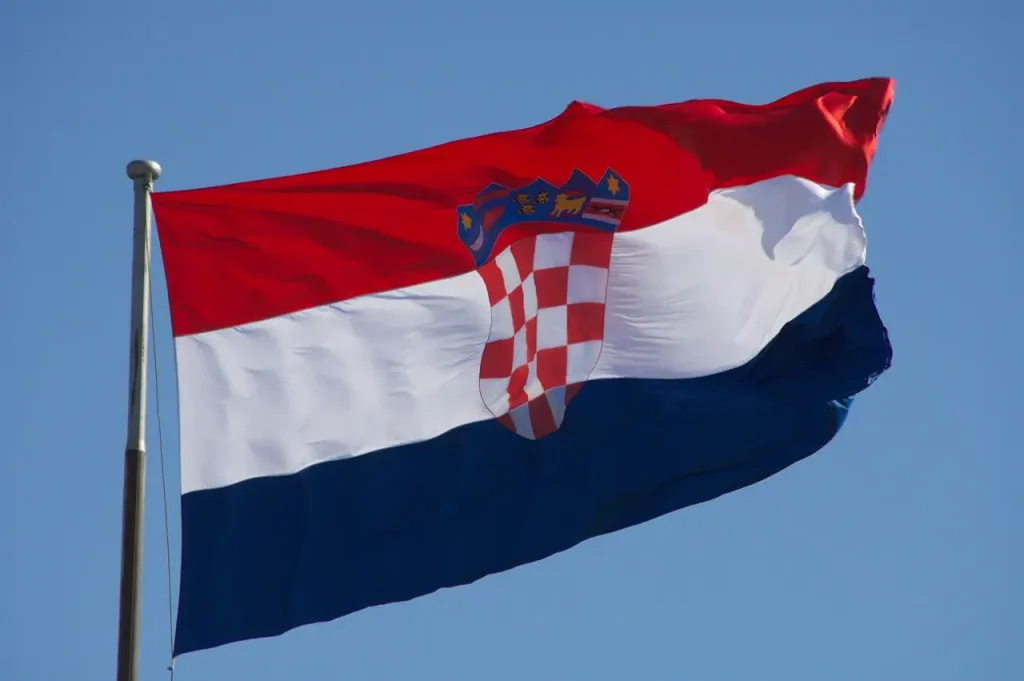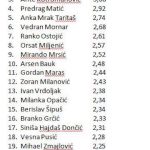Fifty-five representatives of the Croatian minority from all over the world attended the session which will work on recommendations to the government for improving the status of Croatian emigrants.
Plenković spoke about Croatia’s status today, mentioning accession to the Schengen and euro areas at the start of 2023, the opening of Pelješac Bridge this month, last year’s procurement of fighter jets, and the economy’s good response to the COVID crisis.
He called on emigrant representatives to help the government define the guidelines if they had positive experiences in the countries they live in.
He said the government would continue to support projects like Croatia House in Subotica, Serbia, and the construction of a theatre and a hospital in Mostar, Bosnia and Herzegovina. Funds for emigrants in the next state budget will be increased, he added.
Speaking of the status of Croats in Bosnia and Herzegovina, Plenković said the government wished to work on creating trust with the Bosniaks because the status of the Croats could be improved “only by cooperation, not conflict.”
Speaking of national minorities, he said they could not be a “burden” on the state budget or authorities because their inclusion was “a sign of a developed democracy.”
The state secretary at the Central State Office for Croats outside Croatia, Zvonko Milas, said the second Council for Croats outside Croatia was responsible for the new law on acquiring Croatian citizenship, which went into force on 1 January 2020 after emigrants expressed criticism about their treatment.
He also mentioned the introduction of special quotas so emigrants can enroll in Croatian universities, which he said affirmed Croatian education and created “lasting, authentic bonds” with Croatia.










